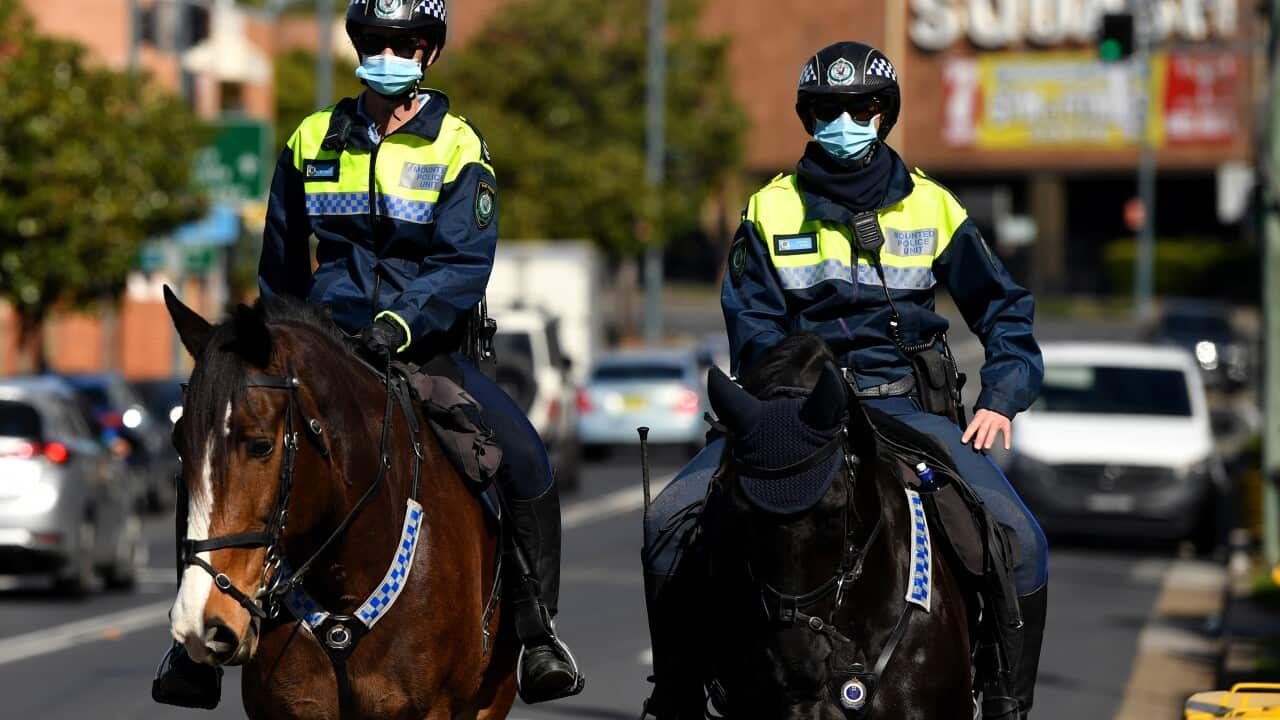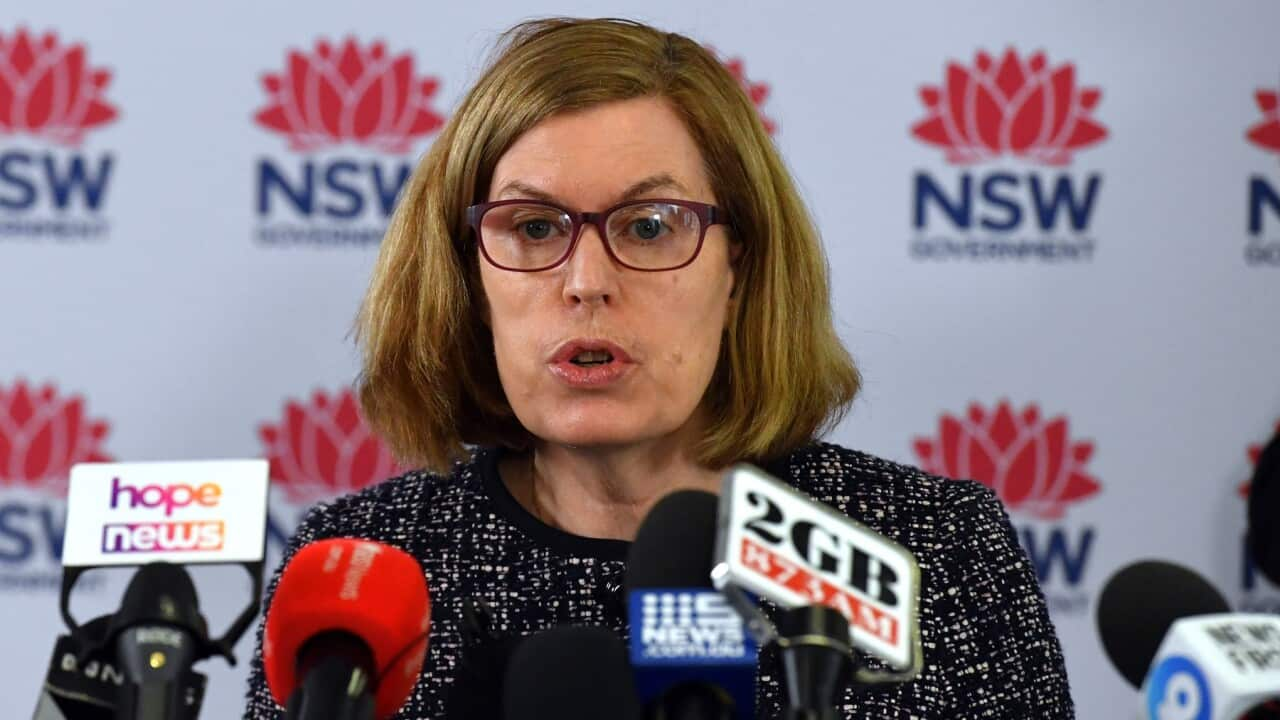Police and military on the streets at the height of COVID-19 lockdowns traumatised refugees and asylum seekers who had fled war-torn countries and didn't understand what was happening, an inquiry has been told.
Helicopters hovering over some Sydney suburbs ordering people to stay indoors had been intimidating and unhelpful, a witness told a NSW parliamentary hearing on Tuesday.
The Legislative Assembly inquiry is hoping to improve crisis communications for culturally and linguistically diverse communities and is probing during the pandemic.
People felt like criminals, Arab Council Australia CEO Randa Kattan said.
"The restrictions created a massive breakdown in trust. People were not treated the same way in Bondi.
"During part of the lockdown in southwest Sydney, not all material was translated. There was great demand.
"Information was shared from interstate and overseas so there was a lot of confusion and discrepancy between the rules. When the lockdowns became more inconsistent it was distressing for everyone. It was challenging for us to put messages through."

A police helicopter is patrolling Clovelly Beach in Sydney in April, 2020, after the beach was closed amid council concerns people weren't social distancing. Source: AAP / Bianca De Marchi
Twelve local government areas housing culturally and linguistically diverse communities were .
Yamamah Agha from Settlement Services International said the organisation struggled to ensure new asylum seekers and refugees were informed.
Under strict restrictions and isolation, many people had foregone services, she added.
"Messages were changing regularly, people couldn't keep up.
"There was a need to convey trusted information. It created a lot of fear and triggered trauma seeing helicopters overhead, and they didn't know if they'd done something wrong."
Secretary of the Local Government Multicultural Network, Turkan Aksoy, said some advice from overseas "was not always aligned with the NSW Department of Health".
"We had to make sure there were changes and credible information was going to the community."
Ms Kattan said the council ran seminars during the pandemic and asked NSW Health to approve doctors to disseminate information, but '"we never received that".
"Doctors had to do it of their own volition. We put out videos for people to wear masks but it's not sufficient."
She said organisation was needed well in advance of crises.
"Community members were ignored in a way. We didn't have the resources so there was a lot of pressure. Community organisations should be leveraged.
"To build trust you need to treat people equally."
It was agreed by several witnesses that capacity building and training for communication skills, as well as funding, was essential.
Another public hearing will be held on 12 September before the Legislative Assembly's Committee on Community Services issues a report at the end of the year.










